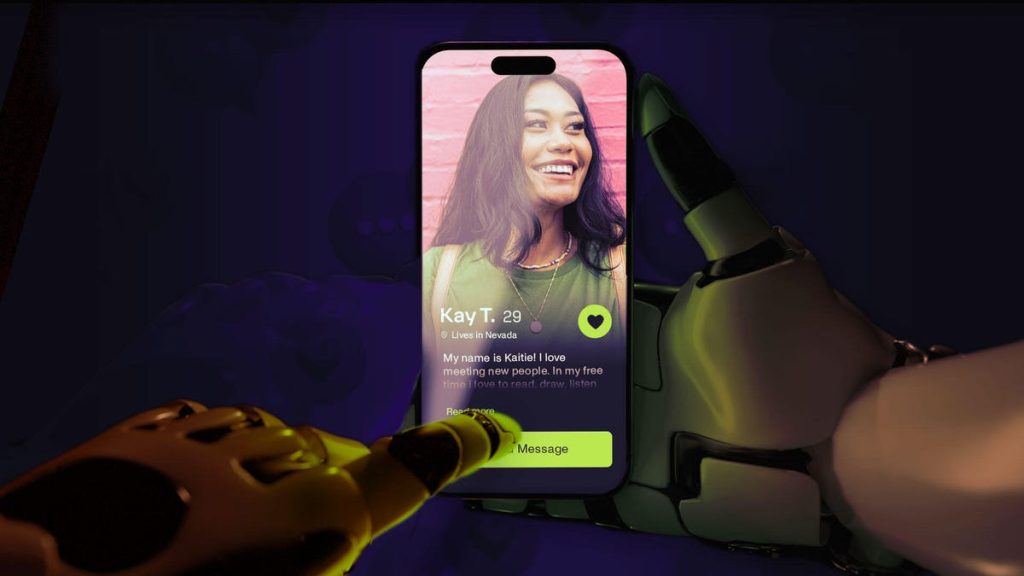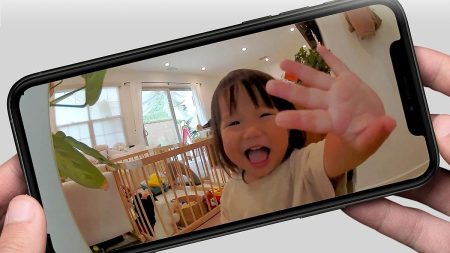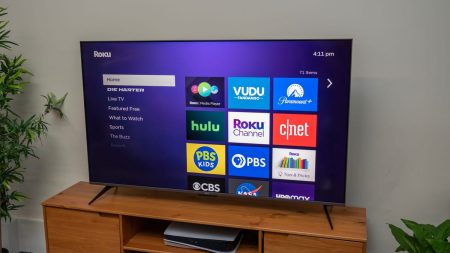The Love-Hate Relationship with Dating Apps
If you’ve ever ventured into the world of dating apps, you likely have some strong feelings about them. These platforms can be exhilarating, offering the chance to meet the love of your life, but they can also be exhausting, leading to burnout from endless swiping and awkward conversations. The $3 billion online dating industry has been grappling with these issues for several years. According to a Forbes study, user growth has stalled, and many people report feeling overwhelmed and disheartened by the current dating app model. Add to that the persistent concerns about data privacy and safety, and it’s no wonder that only 30% of Americans feel safe using these apps, according to a 2024 report from HR tech company Checkr. The introduction of new AI technologies offers both promise and peril, and how platforms choose to implement these tools will likely determine whether they can overcome these challenges or exacerbate them.
The Evolution of AI in Dating Apps
The marriage of dating apps and artificial intelligence is not new, but it has evolved significantly. Originally, online dating targeted older audiences and required detailed questionnaires about interests and preferences. The advent of Tinder changed everything. "Swiping changed the online dating game … a little over a decade ago, and it was transformative," said Liesel Sharabi, an associate professor at Arizona State University and an online dating researcher. Swiping models use foundational AI technology, such as machine learning, to offer personalized recommendations. These algorithms analyze every action you make on the app to refine the content and profiles they show you, aiming to increase engagement and find matches that align with your tastes.
Security and Engagement: Two Key AI Frontiers
While the primary function of AI in dating apps is to enhance the user experience, it also plays a crucial role in security. Bumble, for instance, has been investing heavily in AI for fraud and spam detection. In 2019, they introduced an AI-powered image detector that automatically blurs nonconsensual nudes sent in chats. More recently, Bumble announced an AI model designed to identify and report fake, scam, or spam accounts, which is a significant step in improving user safety. On the engagement front, Match Group, the parent company of Tinder and Hinge, has been focusing on profile-building and chat tools. Tinder’s AI-powered photo selector tool, which scans your camera roll to pick the best pictures for your profile, is a prime example. Hinge has also introduced an anti-ghosting feature that encourages users to engage with existing matches, helping to mitigate the burnout caused by endless swiping and unfulfilled conversations.
Rizz Decode: A New Player in the AI Dating Game
One of the most intriguing new entries in the AI dating landscape is Rizz Decode, an AI-powered dating assistant that uses models like ChatGPT to generate text for dating apps. Founded by Roman Khaves, Rizz helps users craft opening lines and replies, making it easier to start conversations and avoid ghosting. With over 7 million users and 75 million generated responses, Rizz has quickly gained popularity. Khaves emphasizes that Rizz’s goal is to help people get off the apps and go on real dates. "It’s challenging to start a conversation," Khaves said. "It’s also not really something [people] are used to in real life … Rizz makes it easier to have and start conversations." Rizz offers suggestions rather than writing lines for users, allowing them to retain their personal touch while still benefiting from AI’s strategic insights. However, the ethical implications of using AI to facilitate connections are not without controversy.
Privacy Concerns and Ethical Dilemmas
Where AI goes, privacy concerns often follow. Dating apps have a history of mishandling personal information, and the integration of generative AI could exacerbate these issues. Jen Caltrider, program director of the Privacy Not Included project at Mozilla Foundation, notes that many dating apps fail to meet minimum security standards. Over half of the 25 most popular dating apps evaluated by the project failed to meet these standards, and 88% were tagged with a privacy and security warning label. Companies often use user data not just to find love but to make money, sharing or selling personal information to advertisers. The rise of AI chatbots and generators brings up additional privacy and copyright concerns, especially regarding how models are trained and whether user data is involved.
Ethical Questions and the Future of AI in Dating
The ethical questions surrounding AI in dating apps are numerous. For example, if a dating app starts scanning DMs for data, do users truly consent to this? And are they aware that their messages might be read by human reviewers during the maintenance process? Liesel Sharabi points out that while dating apps may seem frivolous, they are often used to make significant life decisions, such as choosing a life partner. "It becomes really tricky to implement AI successfully in a situation where every bit of personal information about you is on the table," said Caltrider. The future of AI in dating apps will likely see a push toward more advanced features, but it will also require a commitment to transparency and user control. If companies can navigate these challenges, AI might indeed bring much-needed changes and improvements to the online dating experience. However, if they fail to address these concerns, the adoption of AI could further erode trust and exacerbate existing problems.












